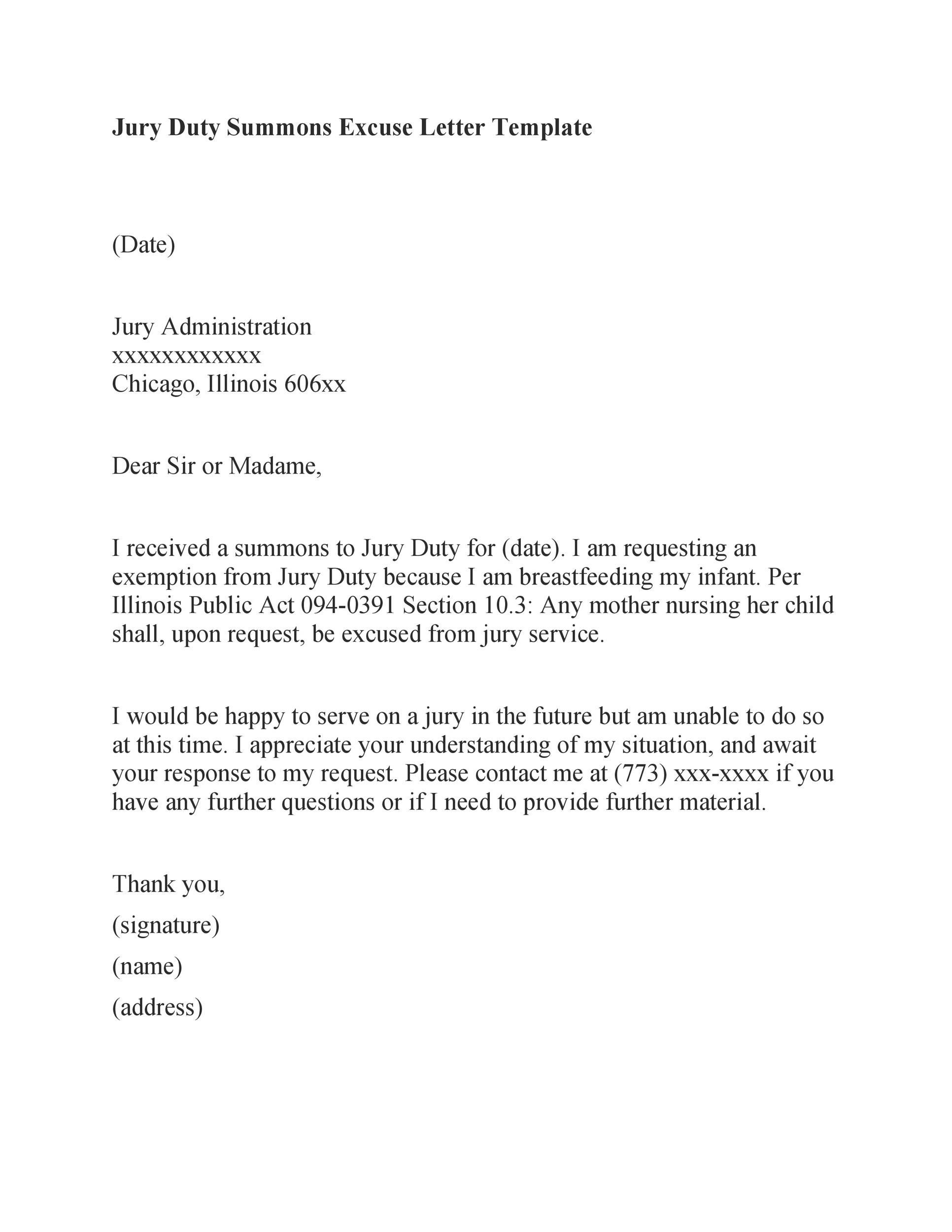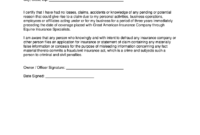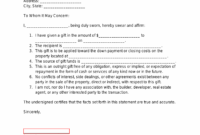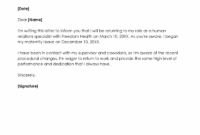Receiving a jury summons can often come as a surprise, landing in your mailbox and immediately sparking a mix of curiosity and perhaps a touch of anxiety. It’s a fundamental civic duty, a cornerstone of our justice system, and an experience many find profoundly impactful. However, life doesn’t always pause for civic obligations, and sometimes, personal circumstances genuinely make it impossible to serve when called upon.
Whether it’s a pressing medical issue, an unmanageable financial strain, or an essential caregiving responsibility, there are legitimate reasons why you might need to request an exemption or postponement. Understanding these valid reasons and knowing how to communicate them effectively to the court is crucial. This guide will walk you through the process, helping you prepare if you find yourself needing to request an excuse.
Navigating Your Jury Summons: When an Excuse is Necessary
Getting that official envelope means the court believes you’re eligible for jury duty, which is quite an honor, but it also means you have a responsibility to respond. For many, serving is a straightforward process, but for others, it presents a significant challenge. The legal system understands that life happens, and provisions are made for individuals who genuinely cannot participate due to specific, compelling reasons. It’s important not to ignore the summons, even if you intend to seek an excuse, as failure to respond can lead to serious consequences.
Identifying whether your situation qualifies for an excuse requires a clear understanding of what your local jurisdiction considers a valid reason. These aren’t just arbitrary preferences; they are generally serious impediments that would genuinely prevent you from serving effectively or would cause undue hardship. The goal isn’t to shirk your duty, but to ensure that if you do serve, you can do so without significant personal detriment, and if you cannot, that your absence is for a recognized and legitimate cause.
Once you believe you have a valid reason, the next step involves gathering any necessary documentation to support your claim. Simply stating your reason might not be enough; courts often require proof to substantiate your request. This proactive approach not only strengthens your case but also demonstrates your respect for the legal process, even as you seek an exemption. Remember, the court’s objective is to seat a fair and impartial jury, and they are generally understanding of true hardships.

Common Legitimate Reasons for Exemption
- Serious medical conditions, either your own or that of a dependent for whom you are the primary caregiver. This typically requires a doctor’s note.
- Extreme financial hardship where jury service would result in significant, unrecoverable losses to your income or business.
- Primary caregiver responsibilities for a child, elderly person, or disabled individual, where no alternative care is available.
- Recent jury service within a specified timeframe (e.g., within the last one or two years), depending on your jurisdiction’s rules.
- Active military service or specific public safety roles where your absence would compromise critical operations.
- Enrollment in an educational program that requires attendance at specific times, or if you have imminent, critical examinations.
Providing clear, concise information backed by relevant documents is key to a successful excuse request. Always check your summons for specific instructions on how to submit your request and what documentation is required.
Building Your Effective Jury Service Excuse Letter Template
After carefully considering your circumstances and confirming that you have a legitimate reason for needing an excuse or postponement, the next critical step is to formally communicate this to the court. This is where a well-crafted letter becomes invaluable. Think of this letter as your formal petition, a clear and respectful explanation that outlines your situation. It needs to be professional, to the point, and contain all the necessary information for the court to make an informed decision.
Your letter isn’t just a casual note; it’s a formal document that will become part of your juror record. Therefore, attention to detail in its structure and content is paramount. It should begin with your contact information, followed by the court’s address, the date, and a clear subject line that includes your juror identification number. This immediate clarity helps the court staff process your request efficiently, ensuring it reaches the right department and is associated with your summons.
The body of your letter is where you will articulate your reason for requesting an excuse or postponement. Be factual and sincere, avoiding emotional language. Clearly state what your specific hardship or conflict is, how long it is expected to last, and why it prevents you from fulfilling your jury duty at this time. If you are requesting a postponement rather than a full excuse, you might suggest alternative dates or a period when you would be available. Remember to mention any supporting documentation you are including.
Key Elements of a Strong Excuse Letter
- Your full name and juror identification number, as it appears on your summons.
- The date you received the summons and the date you are scheduled to appear.
- A clear statement requesting an excuse or postponement of your jury service.
- A concise and factual explanation of your reason, avoiding unnecessary details but providing enough context.
- A specific mention of any attached supporting documents (e.g., doctor’s note, employer letter, travel itinerary).
- A polite closing that expresses understanding of your civic duty and thanks them for their consideration.
Always attach copies of your supporting documents, never originals, unless specifically instructed otherwise. Keep a copy of the entire correspondence, including your letter and all attachments, for your own records. This ensures you have proof of submission and the details of your request should any questions arise later.
Once your letter is prepared, send it well in advance of your scheduled jury duty date, adhering to any deadlines specified on your summons. You typically have options to mail, fax, or sometimes submit your request online. Following up if you don’t hear back within a reasonable timeframe is also a good practice. Most courts will respond to your request, either granting the excuse, postponing your service, or denying the request and requiring your appearance.
Navigating a jury summons doesn’t have to be a source of stress, even when personal circumstances create a conflict. By understanding your rights and responsibilities, identifying legitimate reasons for exemption, and communicating them clearly and professionally, you can address the situation responsibly.
Remember, the goal is always to be respectful of the judicial system while also advocating for your personal needs when genuinely necessary. A well-prepared and documented request allows the court to make an informed decision, ensuring fairness not just to the judicial process, but to your individual circumstances as well.



